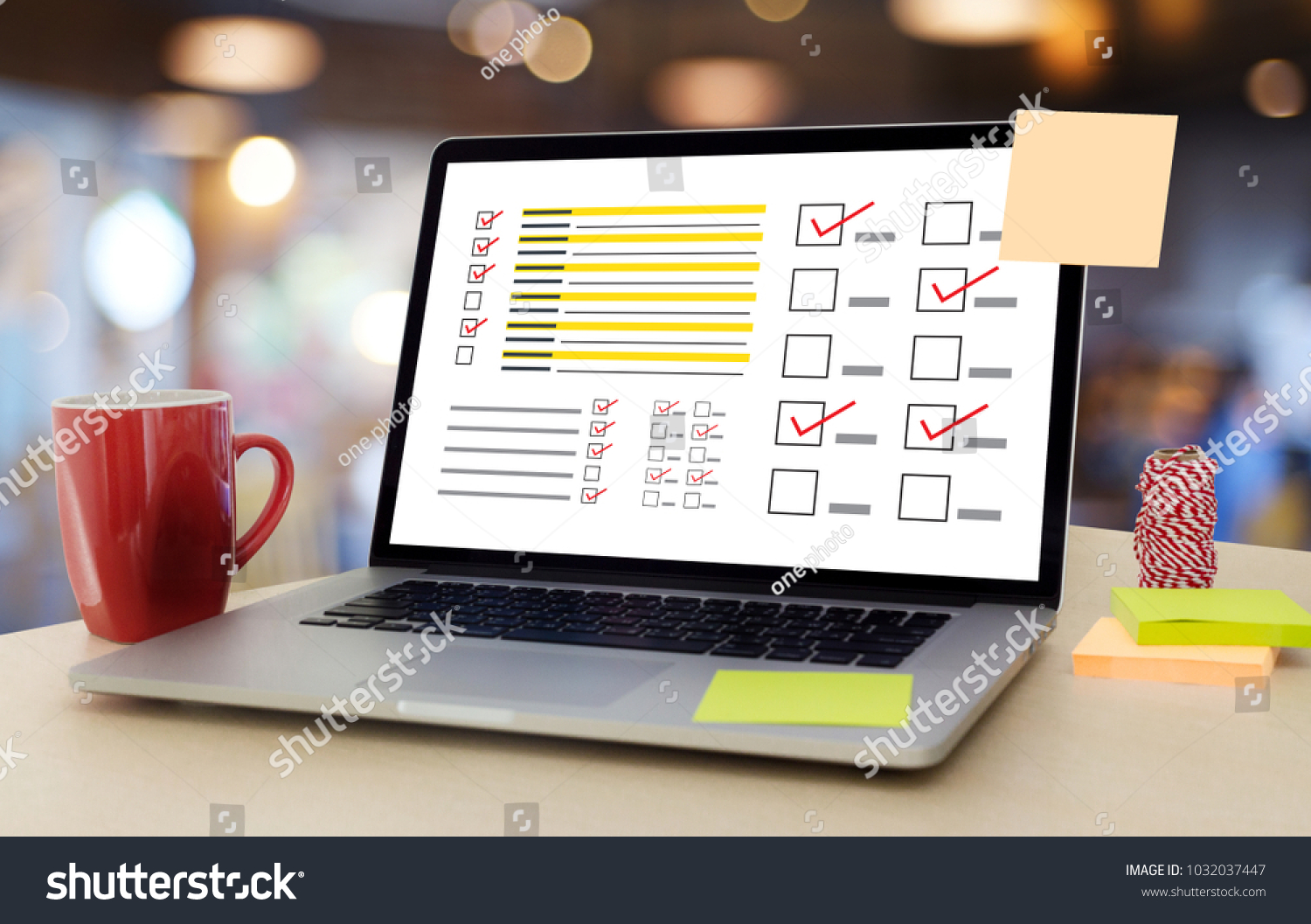Digital Citizenship is “being aware of technology related to ethical, societal, and cultural issues, being able to use web applications, and being able to use these technologies for self-development like lifelong learning practices” (Simsek, E., & Simsek, A. 2013).
It is important to know how to use social media in your own way, but it is also equally important to know and show ethical behaviors. It is crucial to teach children and students to treat people with respect, care, and dignity. Introducing students to have good citizenship will help them know about identity, privacy, trustworthiness, and ownership when it comes to the use of the media. Once they figure out how to be a good citizen, the student will gain awareness of what they post on the media. Students need to be taught how to use the internet and know what kind of digital footprint they are leaving. Teaching children how to use the internet correctly and explain how the search engine works will better their understanding of the internet. An article that I read called “Manage Your Digital Foot” mention:
You don’t have go online or have a social media account, if someone posts a picture about you, you are living a digital footprint. It also mentions footprint and reputation is in two ways. One way is by blog, articles, photos, videos and post. The second way is, what other people post about you. An example the article use was if someone say something awful about you once it is out there on the internet it’s there forever. You might be able to take it down from your end but it still out there because it has already been downloaded from a computer (Kuehn, L. A. R. R. Y. 2010, pg. 68).
It is important to teach and explain these topics about digital citizenship and digital footprint. Once students are introduced to digital citizenship and digital footprint, students will gain knowledge about digital literacy.
Digital literacy involves more than the mere ability to use software or operate a digital device; it includes a large variety of complex cognitive, motor, sociological, and emotional skills which users need in order to function effectively in digital environments. (Eshet Y. 2014, pg. 93). Once you are digital literate, you have the ability to use the tools to solve any problems. Having the right digital skills to achieve any goals you have, digital citizenship, digital footprint, digital literacy and digital skills are all related which leads you to become digital literate. The starting point is to have an understanding of what a good digital citizen is. After, you will start connecting all the skills and you will have the ability to use information to search, evaluate, communicate, create and share. Digital literacy is learning how to be confident when using the technology while also using the skills you learned to work in digital world.
Reference
Heitin, L. (2016). What is digital literacy. Education Week, 36(12),56. https://online.tarleton.edu/Home_files/EDUC_3320/Educator_as_Citizen/What Is Digital Literacy_ - Education Week.pdf
Eshet, Y. (2004). Digital literacy: A conceptual framework for survival skills in the digital era. Journal of educational multimedia and hypermedia, 13(1), 93-106. https://www.learntechlib.org/p/4793/
Isman, A., & Canan Gungoren, O. (2014). Digital citizenship. Turkish Online Journal of Turkish Online Journal of Educational Technology - TOJET, v13 n1 p73-77 Jan 2014
Educational Technology-TOJET, 13(1), 73-77. https://eric.ed.gov/?id=EJ1018088
Kuehn, L. A. R. R. Y. (2010). Manage your digital footprint. Teacher Newsmagazine, 23(3), 67-69.https://www.policyalternatives.ca/sites/default/files/uploads/publications/National Office/2012/02/osos106_Digital_Footprint.pdf
Simsek, E., & Simsek, A. (2013). New literacies for digital citizenship. Contemporary
educational technology, 4(2), 126-137.https://eric.ed.gov/?id=EJ1105529
